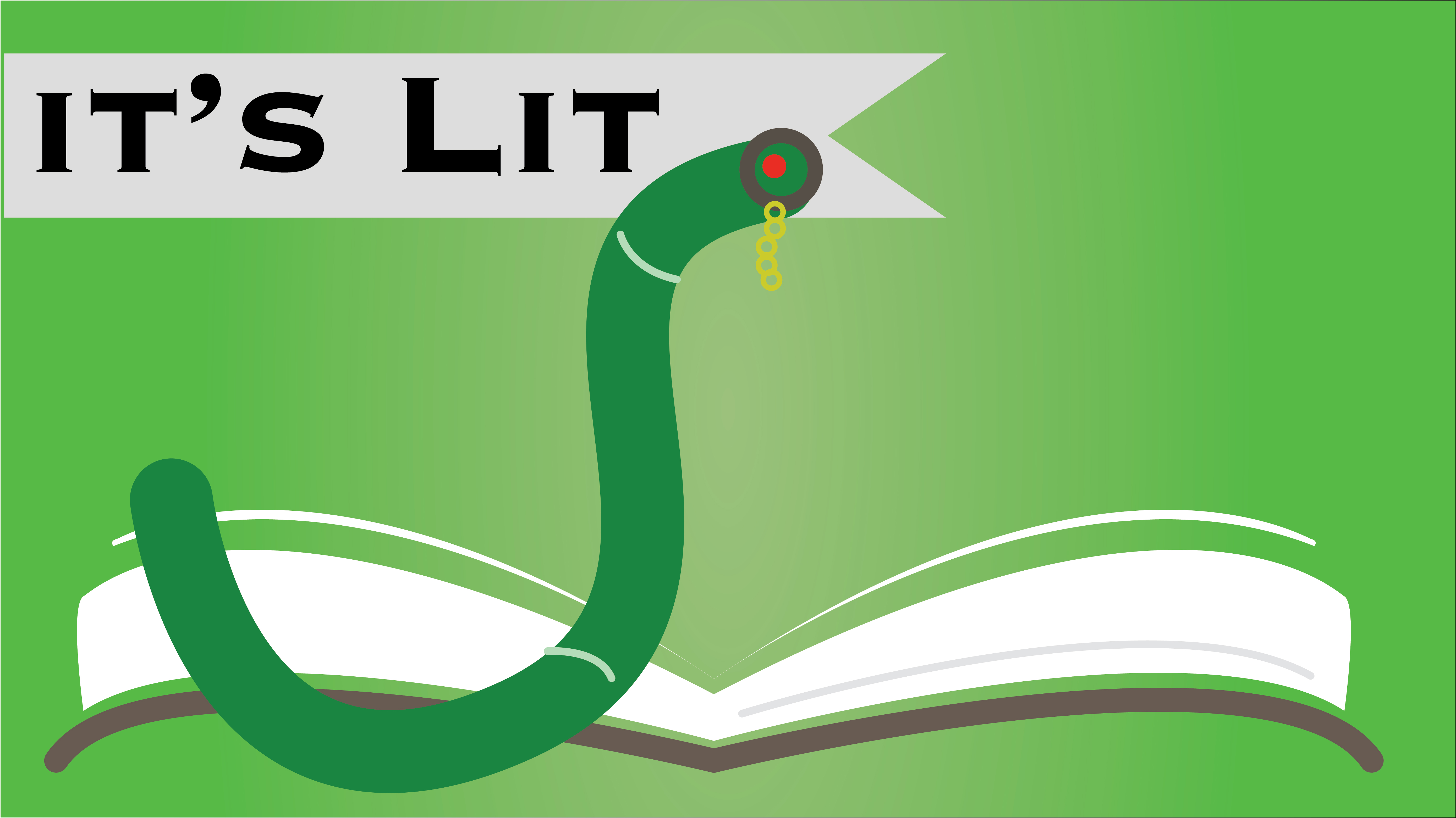
Neuvel awakens scifi genre
By: McKenna Graham, Assistant Arts & Life Editor
Title: “Sleeping Giants”
Author: Sylvain Neuvel
Genre: Sci-fi, political drama, suspense/thriller
Rating: Five stars
Warnings: N/A
Broadly speaking, I am not the biggest fan of politics or thrillers. Maybe that’s what made this book even better for me—it’s unique to me. I’ve never read anything like it — and maybe that can be attributed to my lack of preference for these genres — but even then, I think the science fiction elements put this story on a whole other level.
The premise of the story is this: a girl is riding her bike one night when she falls into a sort of ditch, blacking out in the process, and finds herself in the palm of a giant metal hand. The fire department is called in to fish her out, and the military gets involved because of the mysterious appearance of a large, unnatural metal hand about which no one can explain anything. Seventeen years later, she has become a physicist, the hand has been moved to a giant underground laboratory, and she is hired to find out how and by whom the hand was made, from where it came, and its original purpose.
That’s all I want to tell you now, because as is usually the case with thrillers, anything more than the premise is a spoiler. The premise for me, though, really caught my attention, and because of the ideas that push this book from beginning to end, I read it in a single day. I devoured this book and enjoyed every moment.
Now, I don’t have any experience with the inner workings of the military or government, so I can’t attest to the accuracy of the processes depicted in the novel, but it was real enough for me that I was convinced. I didn’t have to question the plausibility of any political intricacies or military procedures because, even if they weren’t actually real, they were believable enough to keep me from reevaluating the validity of the plot. In other words, I wasn’t constantly stopping to ask myself, “But would this really happen?” It had strong writing and strong concepts that were really well-executed.
The story is told almost entirely through one-on-one interviews between different people involved in the project and one man, who is never named, who is apparently orchestrating everything. You get the story through these interviews, as the scientists explain developments and discoveries and, sometimes, the disasters that happen during experimentation. Occasionally there’s a journal entry from one of the characters to give the reader insight into his or her thoughts and feelings on certain things, and once or twice there’s even a news report on current events happening at the same time.
I can really only think of one flaw I found with the story, and even that was just maybe due to my inattention: it was hard for me to keep track of the timeline. I loved that there are no timestamps on things, and there are no real mentions of everyday technology, so it’s hard to frame these events by time—the book could take place in the 1950s, or the 2050s, and it would really make no difference. But in terms of the time that passes between in-book events occurring, they only ever mention it in passing: “it’s been four months since” or “(that event) happened eight months ago” and by the end of the book I realized I should’ve been writing down, keeping track, maybe even drawing a timeline for reference.
That aspect of time wasn’t really why I almost gave this book four stars, though. I struggled with the rating, because I really love the plot of this story, and I love the way it was told, but I wish there could’ve been more… something. I felt a bit disconnected from the characters, and maybe that’s because I’m being told their story through someone else’s transcripts of interviews, but I wish Neuvel could’ve committed—either make the story about the people or make it about their discoveries. Personally, I could’ve done with more mystique and intrigue with the discoveries and worked around the lack of character development by making it truly all about what’s happening.
I decided to give this book five stars in the end because the concept was wonderful to me, and the plot actually followed through. Often, books have great premises but the actual story carries out and disappoints. This book, however, certainly didn’t disappoint. Not only was the plot clever, it was well-paced and included a lot of details that endeared the story to me further—myths, touches of linguistics, and the implied complexities of the unnamed man’s life really overshadowed the lack of character development. I’ll be keenly awaiting the sequel, which comes out this April, to see what else Neuvel has planned for me.

